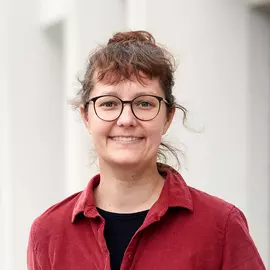Positive Energy District Algorithms for Load Forecasting and Optimal Dispatch (PEDALO)
Description
To avoid grid congestion and optimize their operation, positive energy districts (PEDs) need to adjust their loads to the local renewable production. We plan to develop approaches and algorithms that help them to do so.
This project is a research contribution to the Positive Energy Districts European Network, a cooperation in science and technology (COST) action. Together with the other researchers from its subgroup on “technical tools/planning and design” we plan to
- compile an overview of the data sources, algorithms and approaches that are used for load and flexibility forecasting and management in PEDs
- collect historical datasets including these variables from several participating PEDs in a harmonized format and
- test the robustness of different forecasting and load-management approaches across these datasets.
In addition to these domain-specific research questions, we will use a multi-methods approach to contribute to broader questions regarding appropriate research methods for
- model comparison (meta-analyses vs. in-depth multi-model simulations) and
- eliciting willingness-to-pay (survey based vs. incentivized field-experiments).
Results from our work will have important impacts in the field. The algorithms which we develop and test can help to improve dispatch of flexible loads within as well as outside PEDs. In particular during emergencies, a dispatch of flexible loads based on discomfort cost could
- provide substantial amounts of additional flexibility,
- reduce the cost of shortages, and
- increase the security of electricity supplies.
Key data
Co-Projectlead
Dr. Annina Boogen, Dr. Christian Winzer, Dr. Pierre-Jean Allet (CSEM Centre Suisse d'Electronique et de Microtechnique SA)
Project partners
CSEM Centre Suisse d'Electronique et de Microtechnique SA
Project status
ongoing, started 06/2022
Institute/Centre
Center for Energy and Environment (CEE)
Funding partner
COST Projekt
Project budget
319'883 CHF
